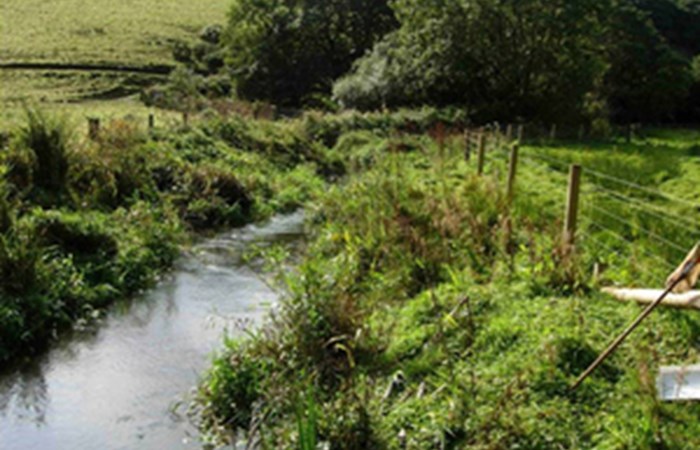Natural England

How much is available?
Farmers and land managers in England will soon be able to apply to Natural England for a water capital grant of up to 10,000 to help them carry out works that will improve water management and quality on their land.
Providing a total of 10 million worth of funding to the farm industry, these government grants will fund new projects that reduce the impact agriculture can have on our water quality.
Applications to the water capital grants fund can be submitted from 2 March 2015 and must be received by Natural England on or before 30 April 2015.
The water capital grants, along with the woodland capital grants announced earlier this month, make up the first phase of the governments new Countryside Stewardship scheme. Set to be rolled out in full later in the summer, Countryside Stewardship will commit around 900 million to benefitting the environment over the next 6 years. This will help farmers and land managers develop environmentally friendly techniques and adopt initiatives such as restoring hedges, planting woodland, enhancing wildlife habitats and improving water quality.
What can be funded?
Water capital grants are one-off payments towards the cost of specific items or activities and land managers can select from a wide range of practical projects that will attract different amounts of funding. There are more than 40 items eligible for grant funding, including:
- installing biobeds
- preventing livestock access to watercourses by erecting watercourse fencing
- providing drinking troughs as an alternative to watercourse drinking for livestock
- relocation of sheep dips and pens
- roofing of sprayer washdown areas, manure storage areas, livestock gathering areas, slurry stores and silage stores
Funding will be competitive with grants awarded to applications that best meet the schemes priorities and have the greatest environmental benefit.
The new water grants build on the successful Catchment Sensitive Farming initiative, which between 2011 and 2014 helped over 6,200 farms across the country benefit from a total of 72 million in grant funding to improve water quality and reduce pollution from agricultural activity. The water capital grants scheme under Countryside Stewardship will be managed and delivered through Catchment Sensitive Farming in 2015.
Good news for the natural environment
Natural Englands Chairman, Andrew Sells, said:
I am delighted that water capital grants will be available to land managers in many parts of England in 2015. This is good news for the natural environment and an excellent opportunity to support the work of food producers in improving water quality. This in turn benefits wildlife, secures drinking water supplies, and improves coastal bathing waters.
Work funded by the Catchment Sensitive Farming grant scheme over recent years has already brought efficiencies for thousands of farmers and has enhanced local environments throughout England by improving water quality. I am delighted that further work can now be carried out on hundreds of farms as a result of the government funding made available this year through the new Countryside Stewardship scheme.
Advice on how to apply
Anyone interested in making an application to the grant fund is strongly advised to contact their local Catchment Sensitive Farming officer or catchment partner for advice before making an application. Support is available to help identify the main opportunities for water quality improvement, provide advice on what capital work could be eligible and help with completion of the application.
Applications will only be accepted from land holdings in a priority catchment target area. Detailed maps for individual catchments can be viewed on the MAGIC website or contact the Capital Grants scheme team on 0300 060 1111 for further information.
Applications in 2015 will not be online. Application forms will be available to download from GOV.UK - search for Catchment Sensitive Farming.
